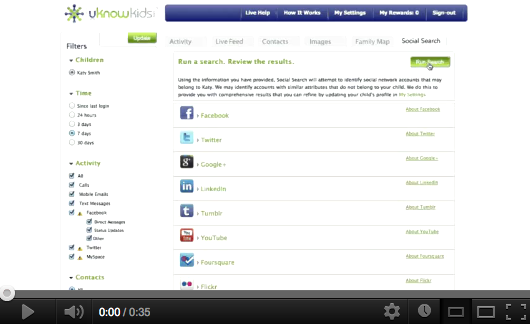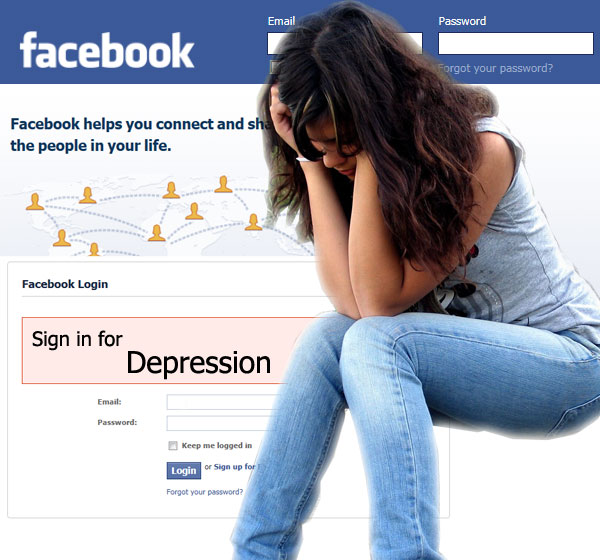It's easy to focus on the desktop or laptop computer in our child's life and forget that the Internet is just as accessible from the cell phone hidden in their pocket. Previously we mentioned 4 reasons to monitor your child´s cell phone. Internet dangers don't become less prevalent or less serious because our kids are on a phone instead of a computer.
This week, take some time to evaluate whether you're allowing things on the smartphone that you wouldn't on the Internet, or vice versa. It's the same Internet, and the same rules should apply no matter how your child is accessing it.
If you've got a teenager with a phone, do you talk about how they're using it to go online? If you are guilty of monitoring computer usage more than phone usage, you're not alone.















 Kids today keep track of their homework assignments, their schedules, and their lives in general on social networks. Just one more reason for parents to keep an eye on their teen's Facebook and MySpace pages.
Kids today keep track of their homework assignments, their schedules, and their lives in general on social networks. Just one more reason for parents to keep an eye on their teen's Facebook and MySpace pages. This past April was National Child Abuse Prevention Month. The month was dedicated to raising awareness about child abuse and, more importantly, to preventing it. The Internet adds a new dimension to child abuse, as children of all ages can become victims of
This past April was National Child Abuse Prevention Month. The month was dedicated to raising awareness about child abuse and, more importantly, to preventing it. The Internet adds a new dimension to child abuse, as children of all ages can become victims of
 Given the proliferation of teen gamers out there,
Given the proliferation of teen gamers out there,  YouTube provides a completely free platform for uploading, sharing, and viewing video content on any subject. You can laugh over a parody of Twilight, see your nephew take his first steps, learn how to seal the grout on your tile floor, or prove to your kids that an octopus can, in fact, fit through an opening the size of a quarter. Here’s what you need to know about using this
YouTube provides a completely free platform for uploading, sharing, and viewing video content on any subject. You can laugh over a parody of Twilight, see your nephew take his first steps, learn how to seal the grout on your tile floor, or prove to your kids that an octopus can, in fact, fit through an opening the size of a quarter. Here’s what you need to know about using this  Putting the family computer in a well-trafficked, central location of the house has always been one of the first lines of defense for parents who want to keep their kids safe online. But
Putting the family computer in a well-trafficked, central location of the house has always been one of the first lines of defense for parents who want to keep their kids safe online. But 